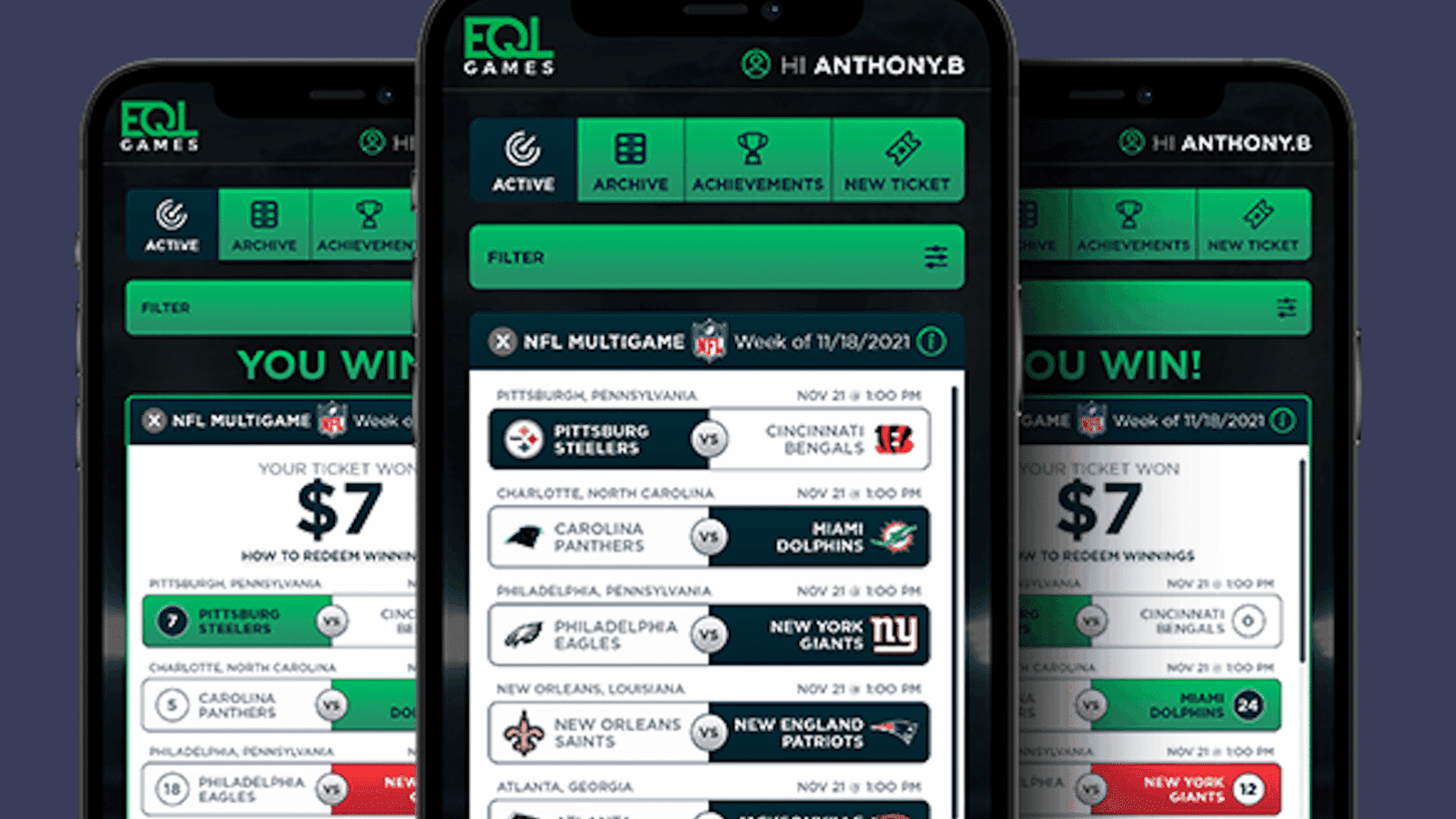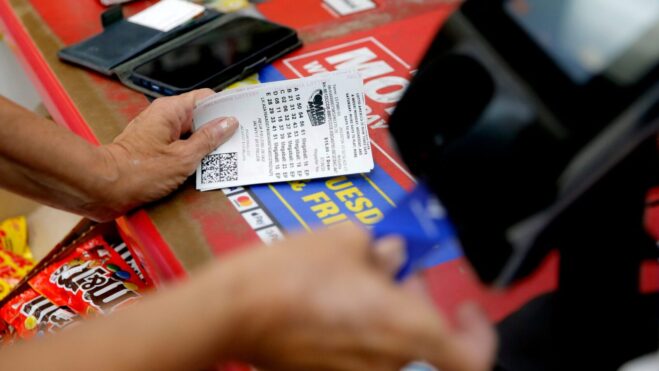Game Developer EQL Making Moves In iLottery Following Atypical Entry Into The Space
“I didn’t start in this business as a lottery guy — I started as a horse-racing guy and became a lottery guy,” said EQL's Brad Cummings.
3 min

The news last week that EQL Games has entered into an agreement to supply iLottery games for the state of Virginia positions the Louisville-based company to be a major player in the iLottery space now and in the foreseeable future.
Virginia registered record sales for the fiscal year 2023, crossing $4 billion for the first time at $4.6 billion, alongside record profits of $867 million. And the online lottery market is growing at a rapid pace; industry experts expect user penetration to reach 4.2% by 2029, compared to 3.6% by the end of 2024.
EQL Games, a developer of lottery games based on the results of live sports, is in a promising position — particularly for a company that entered the lottery space post-pandemic and was founded by someone previously working in a separate gambling vertical.
“I didn’t start in this business as a lottery guy — I started as a horse-racing guy and became a lottery guy,” said Brad Cummings, founder and & CEO of EQL Games.
Off and running
Cummings co-founded the horse racing industry news site The Paulick Report in 2008 with journalist Ray Paulick. Once known as “The Sport of Kings,” horse racing has been declining in popularity for decades and the freefall continues; a recent report in The Economist noted that the number of races run in the U.S. fell from 74,000 in 1989 to 33,000 in 2022.

Cummings was trying to reignite the public’s interest in horse racing outside just the Triple Crown, the sport’s lone remaining mainstream cultural touchstone. He developed a horse-racing game that launched during the pandemic. It didn’t land as he’d hoped, but it set the wheels in motion. “If you were going to shape an existing live event into a lottery draw, horses running around in a circle are a little like lottery balls,” he said.
As he was brainstorming with investors and other peers, Cummings thought, “Well, what had I really built? And that’s kind of a really strong network and I thought I could introduce a product set that was more palatable, more like what lotteries are already offering, and might be able to start doing integrations that way and then pivot back to the sports games. And that’s evolved into this aggregator,” he said.
Licensing deals with all the major sports followed, and Cummings saw an opportunity.
“I just saw that there weren’t a lot of content vendors in a digital space for lottery in the U.S., and then you see the guys in the iGaming world … who are creating really high-quality products on that side. And not to say there aren’t high-quality products on the lottery side, but we could bring a content diversity that wasn’t there. That’s been our selling point so far,” he said.
That certainly appealed to the Virginia Lottery, whose director of marketing, Scott Kenyon, said in the release announcing their partnership, “EQL Games’ platform allows us to access games from studios across the world, featuring game mechanics that support our ongoing strategy of acquiring new players and those looking for fresh, new gameplay experiences.”
A peek behind the curtain
Coming from a horse-racing background isn’t the only element that, on the surface at least, makes Cummings’ success in iLottery seem improbable. So too does his experience as a musical theater stage actor, a vocation he considers his first passion.
Cummings grew up in the Chicago suburbs, attended Illinois State University for theater, and enjoyed a four-year career as a stage actor.
“A lot of people knock the arts and are like, ‘No, but what do you really do in your life?’ But I learned more intangible things that separate me from others from my theater career than you could ever have learned from a college experience or even an entry-level position,” he said. “It’s very entrepreneurial to be a stage actor.”
Cummings said that as an actor he developed a good understanding of how to build and present himself in a way that was most attractive for a role, and that going on auditions and getting repeated rejections prepared him for the business world. “I was used to that feeling of rejection, rejection, rejection, and then you find something,” he said.
And after being on stage, speaking before large groups and conducting presentations doesn’t faze him as it does others. It also taught him how to chase a dream and remove himself from the effect of risk holding him back from doing things.
“My musical theater career actually influenced me more than most people would ever imagine,” Cummings said.





